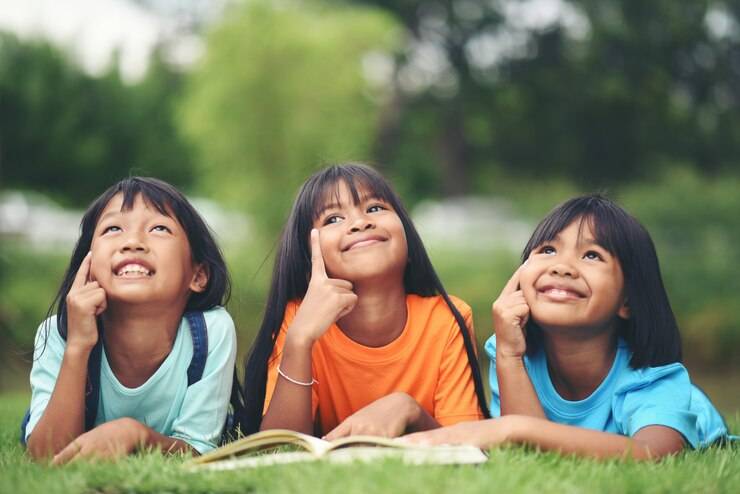Chongqing Guanyin Bridge Autism Rehabilitation Center: What are the manifestations of regressive autism children? Children with regressive autism, also known as children with autism, mainly exhibit the following characteristics:
I. Social Interaction Disorders
Reduced eye contact: When communicating with others, children with autism may have reduced or lack of eye contact and often lack response to calling.
Difficulty understanding others: Some children with autism have difficulty understanding the emotions and thoughts of others, leading to appearing mechanical and rigid in the interaction process, such as repeating certain actions without considering environmental changes.
Seeking attention or emotional issues: They may also seek excessive attention or experience feelings of hurt, fear, and tendencies towards irritability.
II. Language Communication Disorders
Delayed language development: Most children with autism begin to speak gradually at 2-3 years old, but they usually speak meaningless words, with monotonous voice, slow speech, and monotone tone.
Poor expressive abilities: When others converse with them, children with autism may have difficulty expressing themselves clearly and understanding others’ intentions completely.
Decline in language abilities: With age, the language abilities of some children with autism may further decline, even losing the ability to express themselves verbally.
III. Abnormal Behavior Patterns
Narrow range of interests: Children with autism often have a very narrow range of interests and may insist on specific daily routines, such as eating and drinking at fixed times every day.
Rigid behavior: They may display rigid behaviors, such as repetitive circling, clapping hands, nodding, and may not make corresponding changes based on environmental changes.
Obsessive cleanliness: Some children with autism may also have obsessive cleanliness, such as frequently washing certain parts of their bodies with water and only accepting one method to complete a task.
IV. Other Characteristics
Intellectual disability: The cognitive development level of children with autism may be significantly lower than their peers, resulting in symptoms of learning difficulties and poor adaptation to new things. This may be related to genetic mutations or hereditary tendencies.
Compulsive behaviors: If parents forcefully correct the behavior of children with autism, it can easily trigger self-harm or impulsive aggressive behaviors, accompanied by severe compulsive behaviors such as repeatedly switching on/off lights, gas, etc.
The manifestations of regressive autism children involve multiple aspects, including social, language, behavior, and other domains. Parents should closely monitor changes in their children and seek professional help promptly to develop suitable intervention plans.
The above behaviors can provide a preliminary assessment of the degree of autism in children. A more accurate assessment relies more on professional evaluations, and the recovery of children also depends on professional intervention training programs, such as natural therapy, social training, sensory integration training courses introduced by Bobei Ertong Rehabilitation Center, helping children enhance social and linguistic abilities from multiple perspectives and integrate better into society.
For early intervention for language disorders, social disorders, emotional behaviors, attention disorders, and other issues in children aged 2-18 with autism, autism spectrum disorders, Chongqing Jiangbei Bobei Children’s Rehabilitation Center provides various professional system-oriented autism rehabilitation training and personalized rehabilitation guidance, including natural therapy, sensory integration training, ABA applied behavior analysis method, floor time, early Denver model, Picture Exchange Communication System, etc.
Note: Some content and images are sourced from the internet, if there are copyright issues, please contact for removal.


